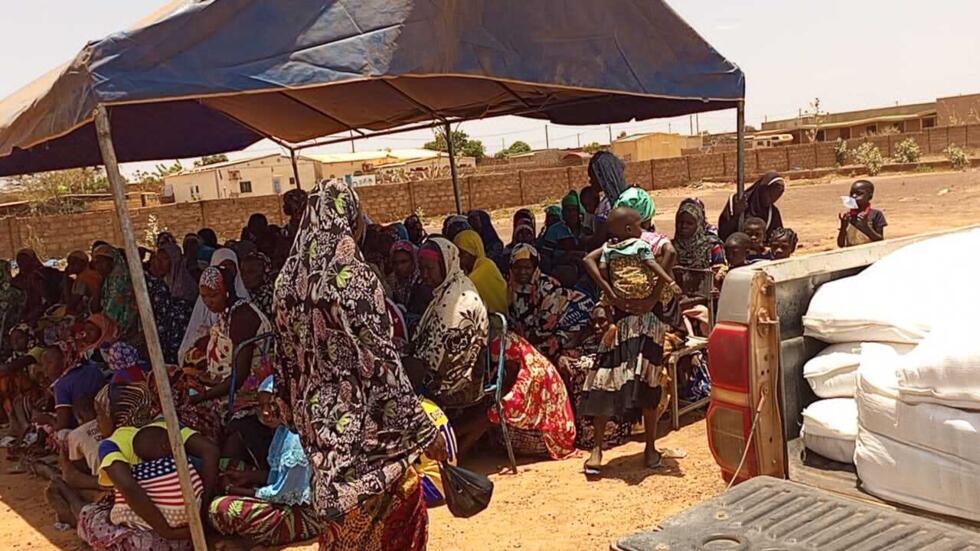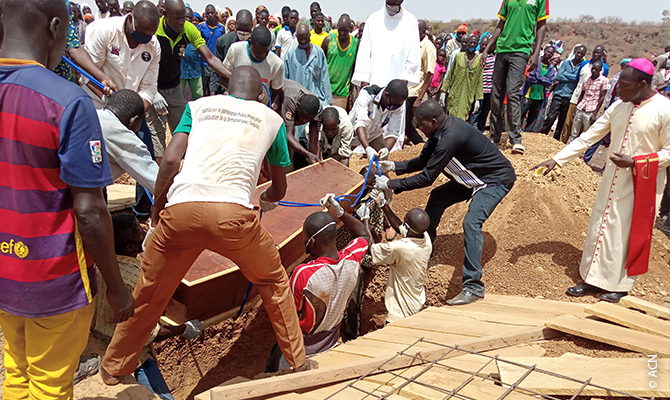Relatives of victims of an attack in Burkina Faso that claimed hundreds of lives in August have accused the country’s junta leader, Captain Ibrahim Traore, of bearing responsibility for the tragedy. The attack on the village of Barsalogho, which occurred on August 24, was one of the deadliest incidents in the West African nation’s ongoing battle against jihadist violence.
The Justice Collective for Barsalogho (CJB), which represents the victims’ families, has publicly condemned what they see as the junta chief’s “contempt” and failure to act. They allege that Traore is to blame for the deaths of over 400 civilians, citing his prior orders for local security forces to mobilize civilians for trench-digging to protect the village.
The collective claims that civilians were forcibly enlisted to construct defensive trenches, only to be killed by the attackers in those very trenches. Videos released by the assailants corroborate the horrific nature of the attack.

Despite the scale of the massacre, which has been claimed by the Al-Qaeda-linked group Jama’at Nusrat al-Islam wal Muslimeen (JNIM), Traore has not publicly addressed the incident. His silence and lack of condolences have been criticised as an affront to the dignity of the victims and their families.
CJB has called for Traore to acknowledge his responsibility and seek forgiveness from the affected community in the Sanmatenga province, where Barsalogho is located. They describe the village as a “martyr city” that will remain etched in the collective memory of Burkinabe people.
Criticism of Burkina Faso’s leadership is rare due to the country’s political climate, where dissenting voices are often silenced. Since 2015, Burkina Faso has been embroiled in a violent insurgency that has displaced about two million people and resulted in thousands of deaths.
Prime Minister Apollinaire Joachimson Kyelem de Tambela has labeled the Barsalogho massacre a tragedy, but has provided no further details. The Citizen Coalition for the Sahel, an umbrella organization of civil society NGOs, has urged the government to continue efforts to investigate the attack, arrest those responsible, and deliver justice to the victims and their families.
The recent violence, which has led to two coups in 2022, is part of a broader conflict that has claimed over 20,000 lives since 2015, including approximately 3,800 deaths this year alone, according to the ACLED analysis group.


